SUMMARY
This is AI generated summarization, which may have errors. For context, always refer to the full article.
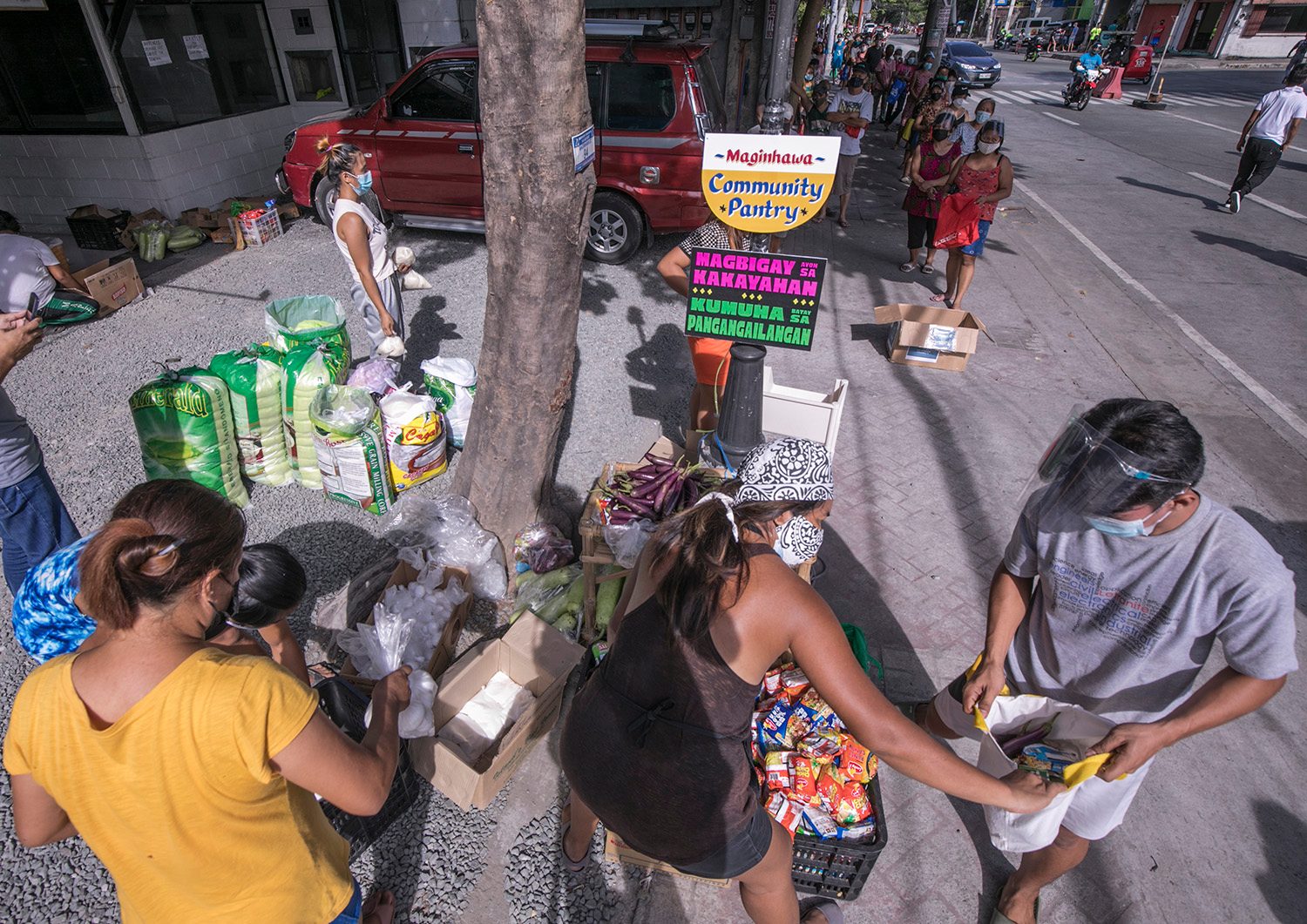
Groups on Tuesday, April 20, condemned accusations from government-linked groups that community pantries are vehicles for communist propaganda.
In a statement, Karapatan said threats and red-tagging “send a chilling effect [to] people who simply want to help or organize their initiatives.”
“The shamelessness of this inept regime knows no bounds,” Karapatan secretary-general Cristina Palabay said. “Sila na nga itong pahirap, sila pa itong makapal ang mukhang manakot (They have the gall to scare people when they themselves are causing the suffering).”
Ana Patricia Non on Tuesday ceased operations of the first community pantry in Maginhawa Street, Quezon City, following red-tagging posts by the QC Police District and the National Task Force to End Local Communist Armed Conflict (NTF-ELCAC).
There were also reports of profiling of other community pantry organizers, but the Philippine National Police said there is no such order from its national headquarters.
Palabay warned that the red-tagging efforts “are desperate and pathetic, but dangerous nevertheless.”
“It is very much clear to anyone that they simply do not care if people suffer and die of hunger, as long as they are able to peddle their anti-people and malicious agenda that has only caused and exacerbated the suffering of the Filipino people especially amid this pandemic,” she said.
Spreading fear
Human Rights Watch (HRW) said the community pantry movement should be “extolled, not vilified.”
The group also urged the public not to let these threats go unnoticed, noting that many of those red-tagged in the past were also subjected to violence and other forms of harassment. (READ: Lives in danger as red-tagging campaign intensifies)
“By vilifying now even ordinary Filipinos who only want to help, the government is weaponizing ‘red-tagging’ to instill fear among the general public that is increasingly agitated by the impact of the COVID-19 pandemic,” said Carlos Conde, HRW Asia researcher.
Fisherfolk group Pamalakaya, meanwhile, said these attacks against community pantries, initiatives by ordinary people, are “unacceptable” in the face of widespread unemployment and poverty in the country.
“Red-tagging of community pantries is a shameless display of government’s incompetence and insecurity,” the group said. “Why is it afraid of the people’s initiatives and collective action?”
The group urged Filipinos to defend organizers of community pantries. It also called for the abolition of the NTF-ELCAC.
In a statement, Quezon City Mayor Joy Belmonte assured Non and other pantry organizers that the local government fully supports their initiatives and that her office is in talks to “ensure that organizers and beneficiaries…remain safe and unimpeded.” – Rappler.com
Join the movement. Check this story for detailed instructions on how to start your own community pantry. Feel free to share photos and videos of your pantries and tag us at @MovePH and @rapplerdotcom on Twitter. We are collating a list of verified community pantries here.
Add a comment
How does this make you feel?
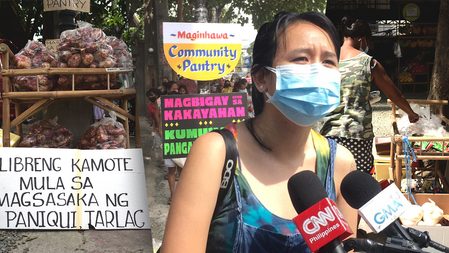


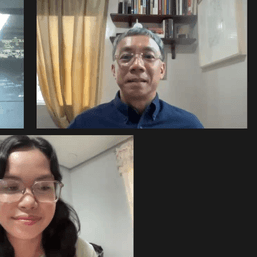

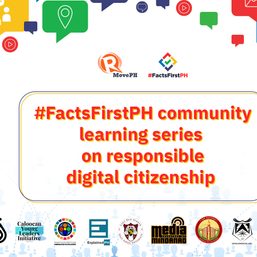

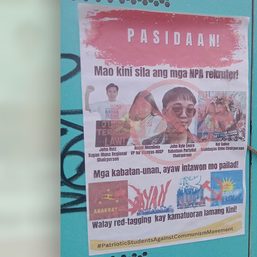
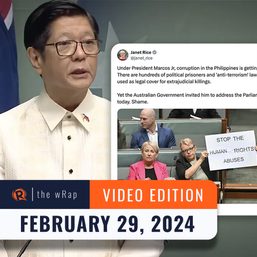
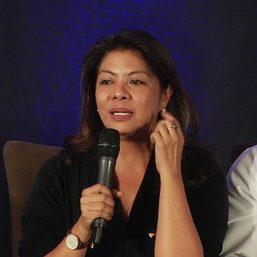
![[OPINION] Jhed and Jonila’s fight for justice](https://www.rappler.com/tachyon/2024/02/TL-jhed-and-jonilla.jpg?resize=257%2C257&crop=411px%2C0px%2C1080px%2C1080px)
There are no comments yet. Add your comment to start the conversation.